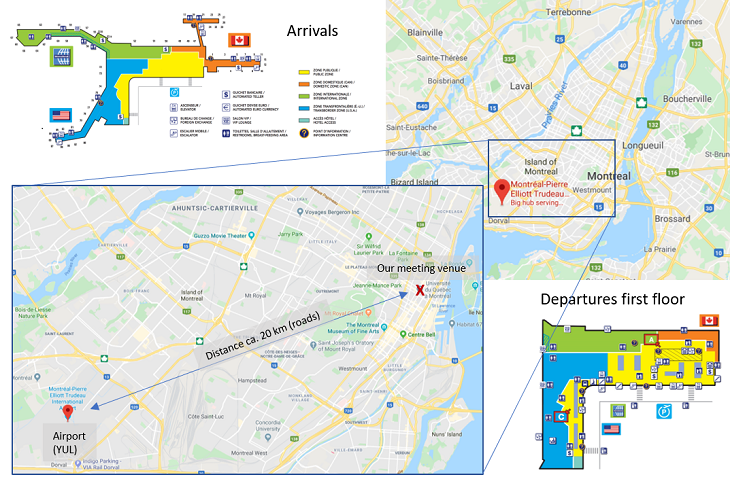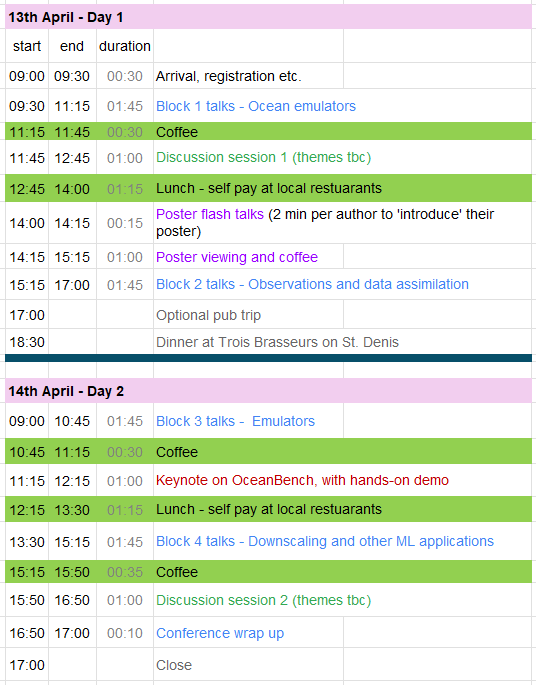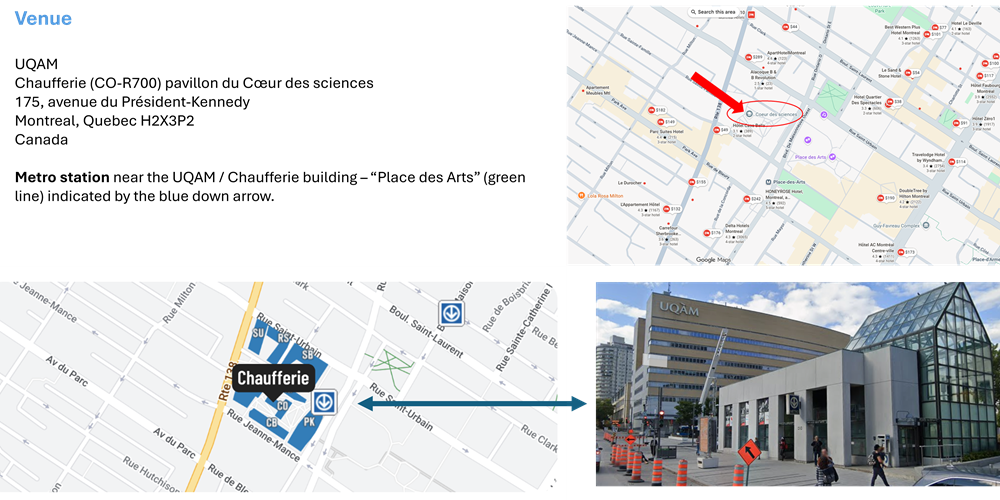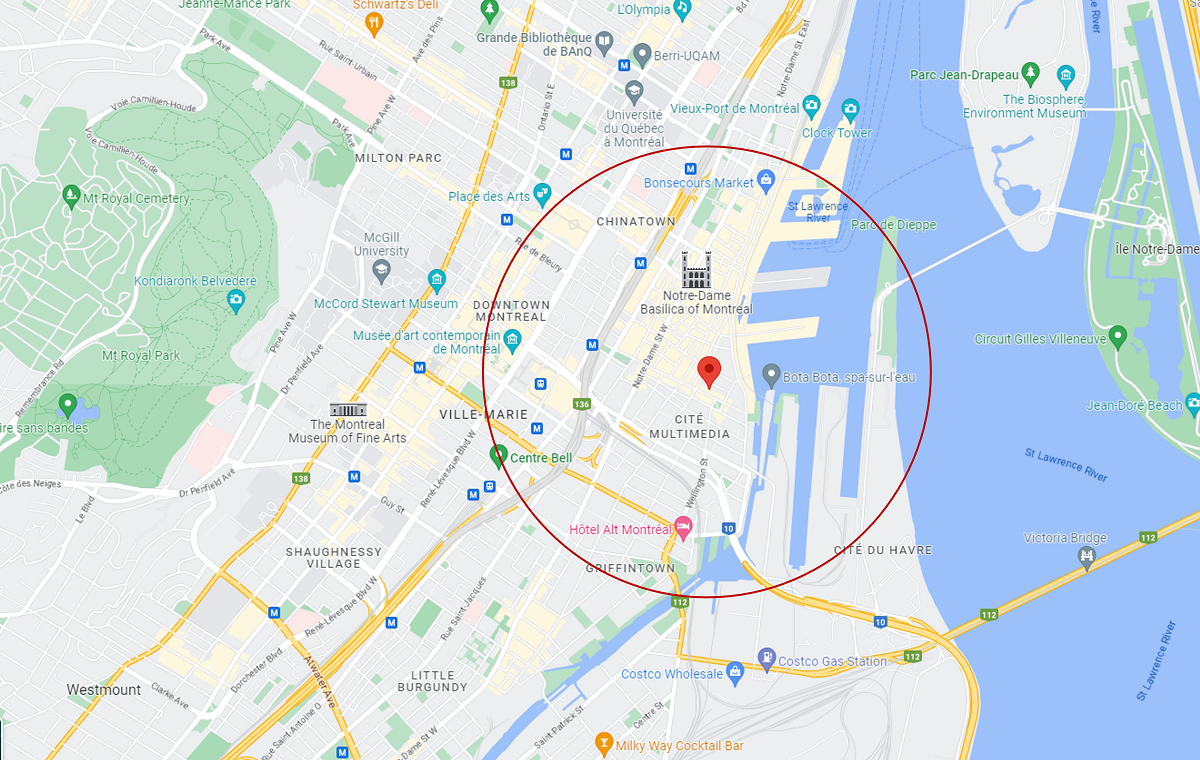AI-TT workshop

Overview
—– News —- REGISTRATION now OPEN – extended to 27 Feb 2026 —- News —-
Machine Learning for Ocean Prediction: Methods, Applications & Challenges
Recent developments in artificial intelligence (AI) capabilities (including neural network approaches, machine learning and deep learning related tools) have demonstrated the ability to provide accurate forecasts in weather and environmental forecasting. The OceanPredict Artificial Intelligence Task Team (AI-TT) aims to create a forum to discuss recent developments in the application of AI to ocean prediction, to share best practices, and to explore areas for future development.
This 2-day meeting will provide an overview of ongoing and planned activities in machine learning ocean prediction across the global community. Topics span the full breadth of ocean prediction applications, and include downscaling, forecast emulation, hybrid modelling, data assimilation and ensembles, and challenges in evaluating machine learning emulators compared to numerical models.
The workshop will include keynote speakers (details to follow shortly), oral presentations, posters and breakout discussions.
Workshop objectives
- Create a forum to share progress and experience in the application of AI methods to Ocean Forecasting
- Provide networking opportunities promoting future collaborations and partnerships
- Enable breakout discussions on challenges in this field, including best practices in the evaluation methodology used to understand the added value of AI based forecast (improved performance on which variables, physical consistency, etc….)
- Identify areas for future work and development
Date and time
- AI-TT workshop – Montreal
- 2-day event
- 13 & 14 April 2026
- In-person with hybrid options
Call for abstracts & key topics
We invite submissions for the upcoming workshop, “Machine Learning for Ocean Prediction: Methods, Applications & Challenges”. This workshop aims to bring together experts and practitioners exploring the transformative role of machine learning for modelling and prediction of the ocean. Interest areas span global and regional focuses, ocean, sea ice and bio-geo-chemistry, time frames from hours to seasons and beyond, and reanalysis and data-assimilation.
Abstract submission extended to Friday, 2 January 2026.
Key topics of interest include (but workshop scope is not limited to the following):
- Machine Learning Emulators: Design, development, and application of machine learning, including generative approaches, as fast, surrogate models for complex ocean processes
- Hybrid Approaches: Integration of physics-based ocean models and machine learning techniques to enhance predictive accuracy and efficiency, eg. use of ML components (parameterisations, etc) in state-of-the-art physical ocean models, and combining physics and deep learning within in a single differentiable programming framework
- Deep Learning for Data Assimilation, and inversion schemes: Innovative uses of deep learning architectures to assimilate diverse oceanographic datasets, including satellite and in-situ observations. Use of ML for ocean state estimation and forecasting.
- Evaluation Challenges: Strategies and benchmarks for assessing the performance, robustness, and reliability of deep learning-based emulators in operational settings.
- Technical challenges: Operationalization, Novel architectures, Managing and sharing large datasets, etc.
- Other relevant ML applications for Ocean prediction (e.g. downscaling applications, ensemble forecasting)
We encourage contributions in the form of oral presentations and posters. Submissions should clearly outline objectives, methodologies, and relevance to the workshop themes.
Join us to advance the science of ocean prediction through cutting-edge machine learning approaches!
Registration and abstract submission
Please note that everyone who is planning to attend the AI-TT meeting must register using the link below.
If you like to submit an abstract you have to use the abstract submission form in addition.
| REGISTRATION
OPEN (extended to 27 Feb 2026)
|
ABSTRACT SUBMISSION
NOW CLOSED You can upload a maximum of 2 abstract. The abstract should be provided as a .doc or .docx file, be no longer than 300 words and should ideally not include a graphic. Please view a simple template here. |
Abstracts
All submitted abstracts are available in the table below in pdf format (some exceptions).
Sorted alphabetically by author.
Agenda
You can download the latest agenda version here (26 Feb 2026)
(It includes the presentation assignments but no fixed times yet.)
Agenda overview
Venue, accommodation and transport
Local information about venue, accommodation and transport
Montreal
Montreal is the most populous municipality in the Canadian province of Quebec and the second-most populous municipality in Canada. It is named after Mount Royal, the triple-peaked hill in the heart of the city. The city is centred on the Island of Montreal a few much smaller peripheral islands, the largest of which is Île Bizard. It has a distinct four-season continental climate with warm to hot summers and cold, snowy winters.
French is the city’s official language and is the language spoken at home by almost 50% of the city population, followed by English at 22.8% and 18.3% other languages. This makes Montreal one of the most bilingual cities in Quebec and Canada, with over 59% of the population able to speak both English and French.

Our meeting venue is very close to Old Montreal, a historic area southeast of downtown containing many attractions such as the Old Port of Montreal, Place Jacques-Cartier, Montreal City Hall, the Bonsecours Market, Place d’Armes, Pointe-à-Callière Museum, the Notre-Dame de Montréal Basilica, and the Montreal Science Centre.
Architecture and cobbled streets in Old Montreal have been maintained or restored and are frequented by horse-drawn buggies carrying tourists. Old Montreal is accessible from the downtown core via the underground city and is served by several STM bus routes and Metro stations, ferries to the South Shore and a network of bicycle paths.
The riverside area adjacent to Old Montreal is known as the Old Port. The Old Port was the site of the Port of Montreal, but its shipping operations have been moved to a larger site downstream, leaving the former location as a recreational and historical area maintained by Parks Canada. The new Port of Montreal is Canada’s largest container port and the largest inland port on Earth.
(Source: Wikipedia)
Accommodation
There are many hotels near the meeting venue. Prices are reasonable considering we are in one of the second largest city in Canada. The map (right) shows the location of our venue. Please check this link to view some of the hotels available nearby.
To book these hotels please make your own arrangements, by using the associated website and booking portals.
Transport

The Montreal International Airport (Pierre Elliott Trudeau – YUL) is conveniently located to the Southwest of Montreal in close proximity to the city centre.
The shuttle bus line “747” runs a 24/7 dedicated service to get you from the airport to downtown Montreal. Detailed information about the route and timetable can be found on the STM 747 website. Tickets for the bus are 10$, and can be purchased at airport ticket machines, from metro stations, kiosk and also from the driver, but only if you have exact change (coins only).
Alternative transport is available by taxi, Uber, etc. Information about routes and costs can be found here.
Flight connections to Montreal are very good, with many destinations being direct. Please check here if your airport directly connects to Pierre Trudeau airport (YUL).
Important dates
| Date | Description |
|---|---|
| September 2025 | Save the date announcement |
| 28 October 2025 | Opening of Call for abstracts |
| 2 January 2026 | Call for abstracts closes – now closed |
| Mid-Jan 2026 | Registration opens |
| End-Jan 2026 | Abstract confirmation & early schedule announcement |
| Mid-February 2026 | Registration deadline |
| 13 & 14 April 2026 | Workshop |
Organising Committee
- AI-TT co-chairs
- Santha Akella, NOAA
- Rachel Furner, ECMWF
- AI-TT members
- Kristian Mogensen, ECMWF
- Simon van Gennip, MOi
- OPST co-chairs
- Marie Drevillon, MOi
- Greg Smith, ECCC
- Local host
- Greg Smith, ECCC
- Frederic Dupont, ECCC
- Fraser Davidson, ECCC
- OP programme office
- Stephanie Cuven, MOi
- Kirsten Wilmer-Becker, Met Office
Status: 28 Oct 2025


